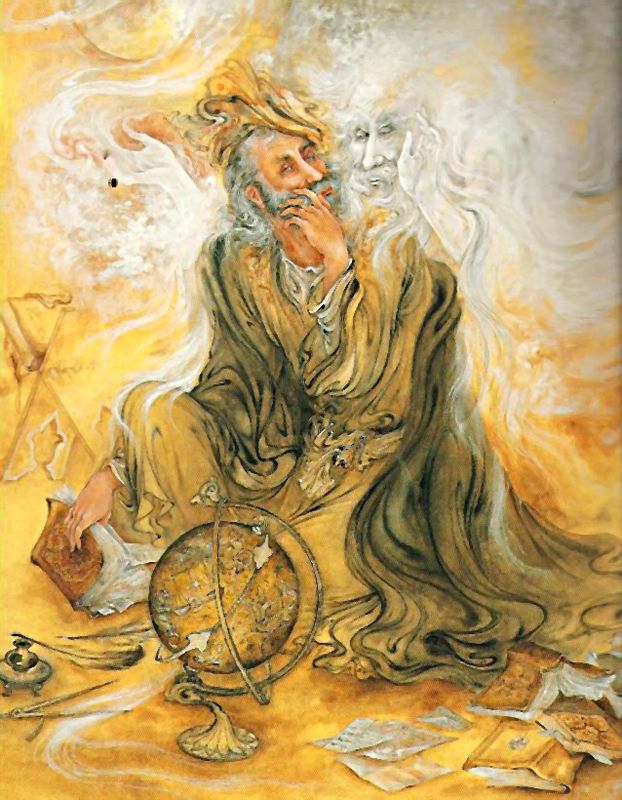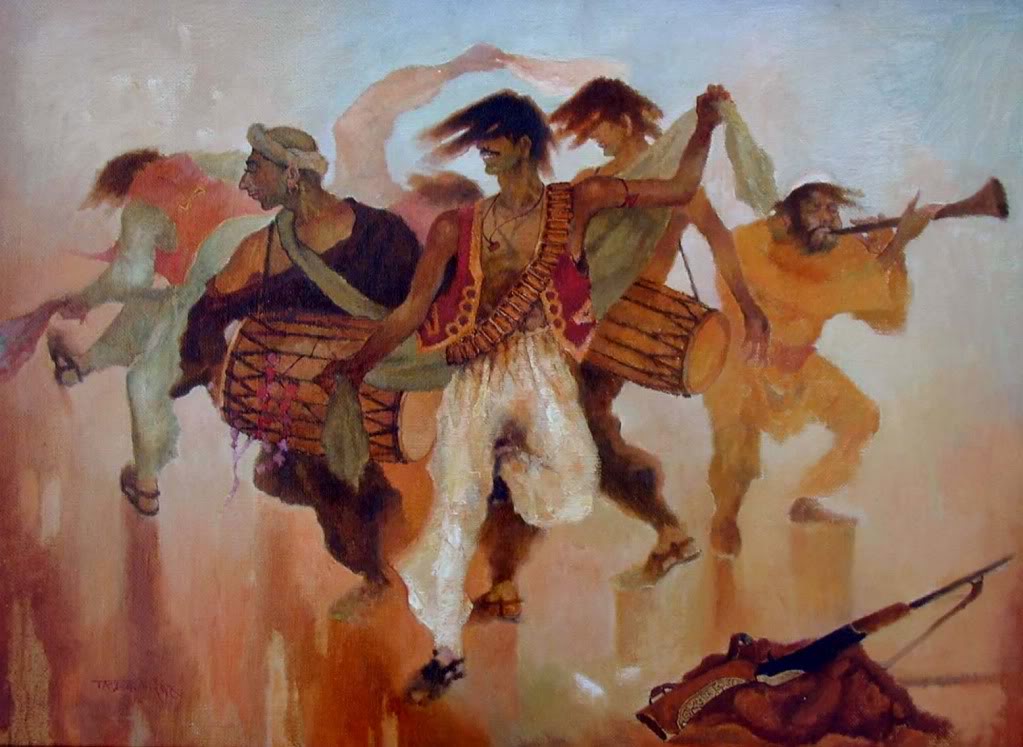When we embark on a journey of self-improvement or personality development, what we are actually doing is cultivating our ego-selves – with the ultimate goal to meet social and biological necessities.
We strive all of our lives to better ourselves emotionally, intellectually, and psychologically in order to deal with society, our desires, and our urges – all by disciplining our minds. Most of the time, we confuse self-development programs with the actual process of knowing our true self: that center within us which is the ground of all our experiences.
Only by watching your true-self shine within will you be able to appreciate your mind and body as bearers of life, not sufferers of circumstances.
Attempting to find our real self through popular self-improvement exercises is futile, because the ground upon which the mind projects itself isn’t located within this content of our minds we attempt to accumulate.
Don’t get trapped in some of these so-called spiritual practices that do nothing but appease our mind-created ego-selves.
It’s only our ever-changing minds and our social constructs that need to be organized and regulated.
The true self needs no improvement because the real you knows neither future nor past.
You – the real self, that center within you, the true definition of who you are – exists only in the present. The ego-self needs the aid of memory to categorize experiences and to act accordingly. The real self is your very being. Accumulation of knowledge about the real self does nothing but add more and more content to your mental space, a mere knowledge warehouse that’s tied together by the thread of memory and offers no sense of enlightenment.
The 13th-century Muslim poet and theologian Rumi expresses this distinction between the ego-self and the real self in the poem “Two Kinds of Intelligence”:
There are two kinds of intelligence: one acquired,
as a child in school memorizes facts and concepts
from books and from what the teacher says,
as well as from the new sciences.With such intelligence you rise in the world.
You get ranked ahead or behind others
in regard to your competence in retaining
information. You stroll with this intelligence
in and out of fields of knowledge, getting always more
marks on your preserving tablets.There is another kind of tablet, one
already completed and preserved inside you.
A spring overflowing its springbox. A freshness
in the center of the chest. This other intelligence
does not turn yellow or stagnate. It’s fluid,
and it doesn’t move from outside to inside
through conduits of plumbing-learning.
This second knowing is a fountainhead from within you, moving out.
To go beyond our minds and access this second knowing is to realize our limitations, distractions of desire, and consequences of fear.
A cell in our body may recognize that it is a part of a greater whole, but it may never be able to define all that is beyond it simply because of its limited perceptive capacity. Likewise, all that makes up the universal consciousness that we are a part of will always lie just outside of our capacity to define it. “To define is to limit,” Oscar Wilde explains.
Ancient seers of the East called this universal consciousness the param-atman, and Judeo-Christian traditions called it the Universal Spirit. When Lord Krishna said, “I am the way, Jesus; I am the light, Allah; I am the one,” he wasn’t referring to himself in the limited way that his body was squeezed into the span of a lifetime. He was speaking of the essence in which all of existence is immersed, an intangible dimension where all beings communicate, a realm without limits – the Unbound Intelligence.
Once you recognize this, humility instinctually sets in – you will feel the desire to express your reverence using all means available. When prophets, sages, and seers recognized this Unbound Intelligence, their reverence of this essence evolved into prayers, songs, and spiritual stories.
When these expressions were transcribed into written form, they became scriptures and treatises – the holy testaments that we sincerely subscribe to and idealize today. The pathway to happiness laid out by all of these admired individuals and spiritual gurus all lead to the same direction – within.
Avoid the temptation to become overly distracted with chasing external means to peace and contentment. Your true-self, the self within, holds all of the answers to all of your questions and desires. Look within.

“The Distant Drummer”, poet, mystic and philosopher Jalāl ad-Dīn Muhammad Rūmī ~ by Mahmoud Farshchian

“Dance, when you’re broken open. Dance, if you’ve torn the bandage off. Dance in the middle of the fighting. Dance in your blood. Dance when you’re perfectly free.” – Rumi. Traditional Afghan folk dance, Attan, by Yar Mohammad Taraky

